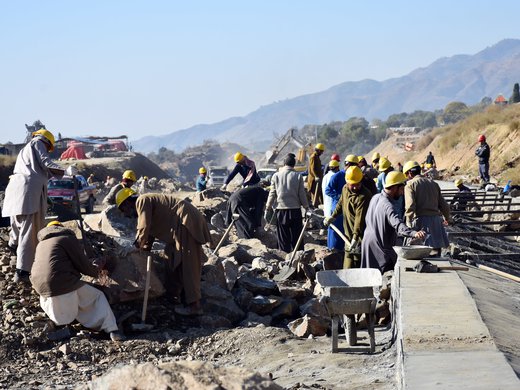Venezuela’s economic and political crisis continues to deepen, exacting a growing humanitarian toll and devastating an economy that was once Latin America’s most prosperous. After a brief overview of the current economic situation, the paper presents the core elements of a comprehensive international rescue effort, and explains why such a program is likely to produce financing needs that outstrip the resources available from the official community. Any program will require an urgent effort to address humanitarian needs as well as long-term financing, and there are important steps that can, and should, be done now to prepare. Given the scale of the financing required in the medium term, an ambitious adjustment program backed by generous financing and debt relief is needed to get Venezuela back on its feet. It is argued that reform and restructuring need to go hand-in-hand. Any restructuring or debt swapping provides only transitory relief and is unlikely to attract broad political support unless accompanied by a radical reform effort, a program that the current government is unlikely to be willing to consider. But it is not too early to begin planning for the day a new government comes to power that commands strong international support. It is further argued that the success or failure of any restructuring deal will depend on a number of policy and design choices, including the IMF’s conditions for lending, and the use of legal innovations and economic incentives to encourage creditor participation in any deal. This effort will be precedential for debt markets, involve extraordinary international cooperation, and potentially be consequential for a new US administration that, in public statements, has signalled a willingness to challenge accepted norms and rules for international policy coordination.


